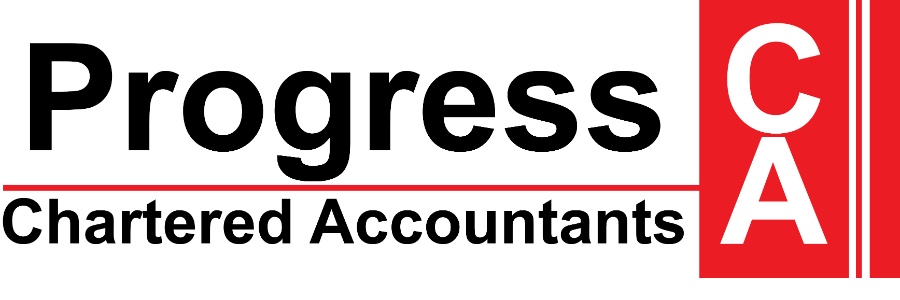31 December 2019, when the first coronavirus disease was reported. The Whole world has been battling against this very deadly and continuously mutating virus. Even the richest among the nations felt weak and striving both in healthcare and in terms of it's nation's economy.
But this Global crisis didn't stop the deceptive and the sneakiest individuals - scammers. They even take this unfair advantage of them. Studies have shown that there has been a surge of financial scams in the middle of the worldwide crisis.
According to an Australian Competition and Consumer Commission report, scams targeting Australians last year cost an estimated A$851 million. Reported financial losses over the past five years show a clear upward trajectory.And while this is clearly concerning, it only represents a proportion of the overall problem, as many victims are unlikely to report being scammed.
This is why the Tax Practitioners Board (TPB) wants practitioners to talk to clients about scams. As part of Scams Awareness Week, TPB has advised tax practitioners that the number one way they can prevent scams is by talking about them to spread awareness, since, when it comes to scams, "prevention is better than a cure".
Scams cost Australian consumers, businesses and the economy hundreds of millions of dollars each year and cause serious emotional harm to victims and their families. As at 31 August 2021, Scamwatch received over 190,000 reports with losses over $192 million so far this year (a 95.4% increase in losses since this time last year).
HOW CAN PRACTITIONERS HELP TO PREVENT SCAMS?
TPB says that the number one way practitioners can prevent scams is by raising awareness and talking about them with family, friends, colleagues and clients.
This is because many people who experience a scam never report it to anyone — they feel ashamed they fell for a scam. Talking about scams removes this stigma and spreads awareness, and can also help people get out of them sooner rather than later.
Some other simple steps practitioners can take to protect themselves and their business are:
- "Never give any personal information to someone who has contacted you".
- Do not click on hyperlinks in text/social media messages or emails, even if it appears to come from a trusted source.
- Go directly to a website through a browser. For example, to reach the MyGov website, type ‘my.gov.au’ into the browser.
- Never respond to unsolicited messages and calls that ask for personal or financial details, even if they claim to be a from a reputable organisation or government
authority — just press delete or hang up. - "Never provide a stranger remote access to your computer", even if they claim to be from a telco company such as Telstra or the NBN Co.
- To verify the legitimacy of a contact, find them through an independent source such as an online search or past bill.
- "Hang up and verify the identity of the person contacting you by calling the relevant organisation directly" — find them through an independent source such as a phone
book, past bill or online search. - Search for reviews before purchasing from unfamiliar online traders.
- Be wary of sellers requesting unusual payment methods such as upfront payment via money order, wire transfer, international funds transfer, preloaded card or electronic currency, like Bitcoin.
- Verify any request to change bank details by contacting the supplier directly using trusted contact details that have previously been used.
- Consider a multi-factor approval process for transactions over a certain dollar amount.
- Practitioners should keep the security on their network and devices up-to-date, and have a good firewall to protect their data.
The TPB recommends practitioners refer to Scamwatch (at scamwatch.gov.au) if they or someone they know has been scammed, even if they did not fall for it.
The TPB also acknowledges that getting scammed can be a very confronting experience, even if there was no money lost. Therefore, if anyone is experiencing anxiety, emotional concerns or distress about scams, they can contact Lifeline or Beyond Blue.
We understand the being scammed can feel like having your home invaded. And your sense of trust is broken. But if you've been a victim of scam, you may not be able to turn back time; however, you can use it as an opportunity to learn some valuable lessons. Talk to someone about your experience. They might have something to share about similar experiences. There are a lot of lessons to be learned from being scammed. The best defense is knowing the tactics scammers use.
Learning about common scams like phishing, remote access computer scams, fake calls from the bank/IRS/government, and strange messages from friends or family asking for money will ensure you're well prepared to spot them.
If you need more advise to help you with any related problems on online scam or any form of scam, you can contact us at Progress CA Pty Ltd by calling us at 0403050779 or email us at info@progressca.com.au






0 Comments